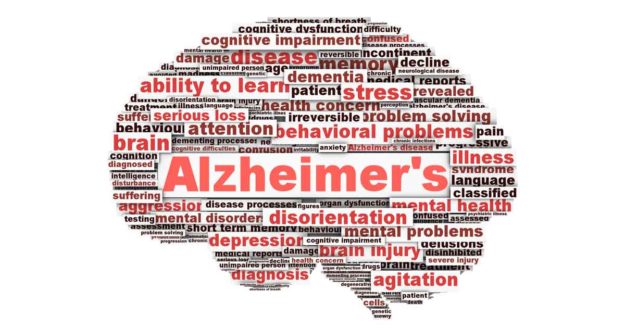Novartis Teams Up with Amgen Again for A Second Alzheimer’s Trial
Novartis and Amgen’s collaboration with the Banner Alzheimer’s Institute is growing with the launch of a new study to determine whether their drug will have delay the progression of Alzheimer’s disease.
BACE drugs such as CNP520 basically look to disrupt the process that creates amyloid beta, the toxic protein that’s typically found in the brains of Alzheimer’s individuals, often in abnormal amounts. The leading amyloid beta drugs such as bapineuzumab and solanezumab try to remove amyloid beta but often with failure. As a result, pharmaceutical companies are turning their eye to BACE therapies as another way to prevent the disease from progressing. This new study will assess Novartis’ BACE1 inhibitor therapy called CNP520 (a collaborative development with Amgen), to find out if it can slow the progression or prevent the onset of Alzheimer’s disease in a high-risk population.
“This approach continues to shift the Alzheimer’s research paradigm from reversing disease damage to attacking its root cause before symptoms surface,” explains Vas Narasimhan, global head of drug development and chief medical officer at Novartis. “It is our hope that by targeting people earlier, we will have a better chance of delaying or preventing the onset of the disease.”
As of date, this would be the second BACE study from Novartis, Amgen, and Banner. The first study, which the collaborative calls “Generation Study 1,” was announced in 2014 and launched just last year. The study was funded by a $33.2 million grant from the National Institute of Health. The goal of the study was to look at patients who carried two copies of the apolipoprotein E 4 gene, which is a huge genetic risk factor for late-onset Alzheimer’s disease.
During this second study, the collaborative is only assessing patients who have just one copy of the gene.
“Roughly one in four people carry a single copy of the APOE4 gene, but only about two percent of the world’s population carries two copies,” the Banner press release says.
People with one copy of the gene will need to have elevated brain amyloid to qualify for the trial.
The recent trial, named Generation Study 2, began recruiting patients in August and will soon include more than 180 sites around the globe. The five-year study will enroll 2,000 cognitively healthy people who are aged 60 to 75 and are at high risk of developing Alzheimer’s due to their age and genetic makeup.
Most from this category

Another Study Reveals Inflammation Accelerates Progression of Alzheimer’s Disease
alzheimershelp - December 21, 2017
Protecting Neurons Could Prevent Depression and Cognitive Deterioration Caused by Alzheimer’s
alzheimershelp - November 8, 2017



















